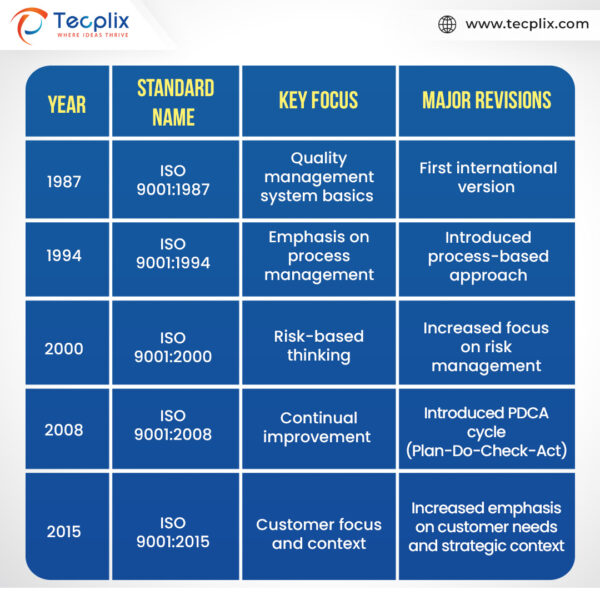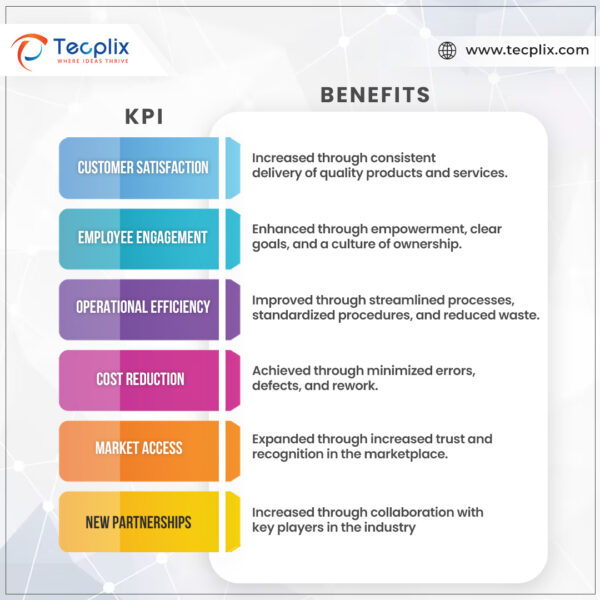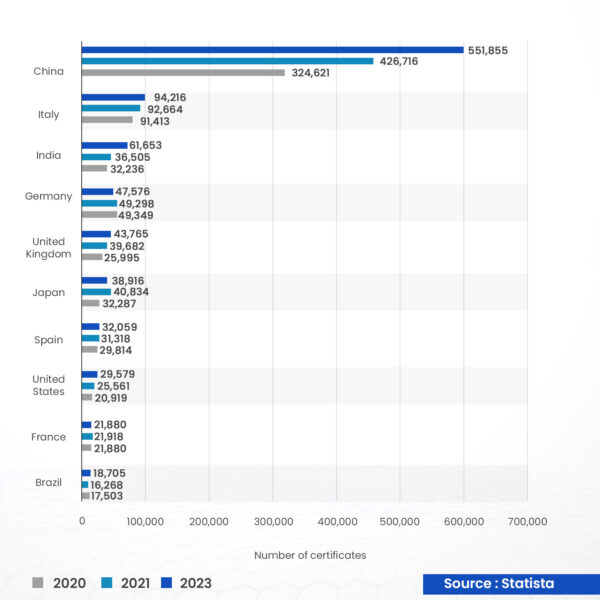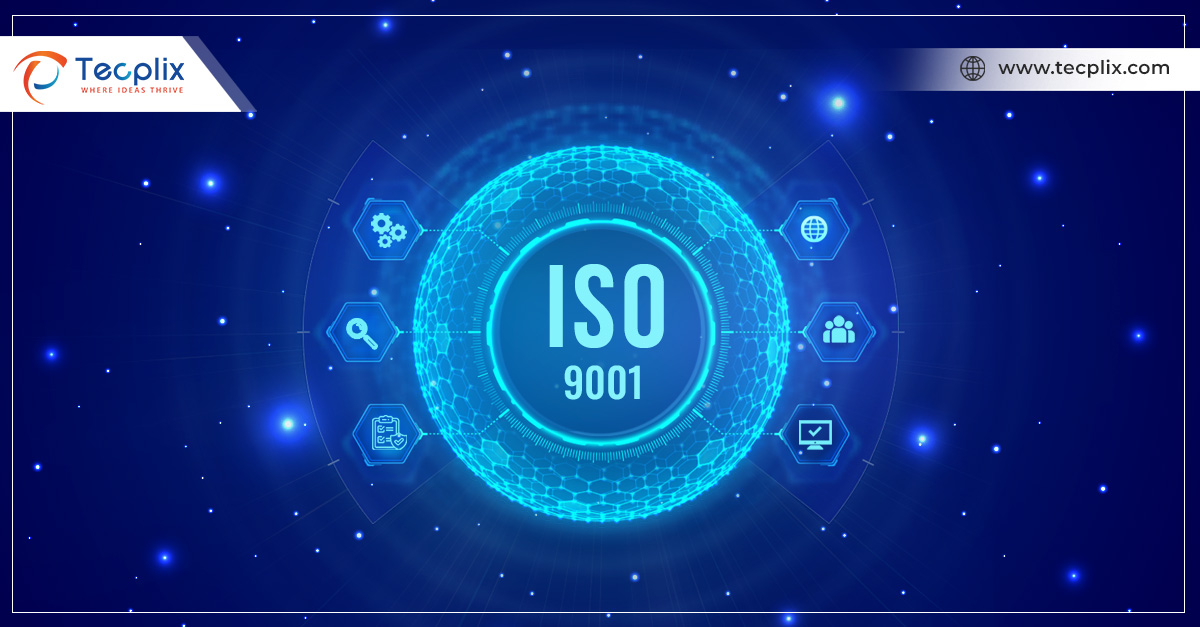In today’s rapidly changing business landscape, customer experience and satisfaction have emerged as the most significant determinants of business growth and customer loyalty. Irrespective of the size or industry, organizations are compelled to adhere to the highest standard of quality management to gain an edge over their competitors. A comprehensive and functional quality management system (QMS) ensures efficient processes and enhanced performance.
Businesses are increasingly adopting a customer-centric approach by prioritizing the customer experience and providing personalized services. Implementing a robust quality management system that not only meets regulatory requirements but also enhances customer satisfaction is a priority.
QMS offers a structured approach that includes policies, procedures, and processes, ensuring that products and services meet or exceed customer expectations. It enables businesses to identify and address quality issues promptly, reduce waste, and improve overall efficiency. A holistic and well-functioning QMS ensures that businesses consistently deliver high-quality products and services that meet customer needs, resulting in increased customer loyalty and business growth.
What is ISO 9001:2015?
ISO 9001 is a globally acknowledged standard that has been established and upheld by the International Organization for Standardization (ISO) to provide a comprehensive framework for establishing and maintaining a robust QMS.
Historical Overview of ISO 9001
The historical evolution of ISO 9001 can be traced back to the 1970s when the British Standards Institution (BSI) developed the world’s first national quality management standard, BS 5750. Subsequently, it was adopted by the International Organization for Standardization (ISO) in 1987 and became known as ISO 9001.
Over the years, ISO 9001 has undergone several revisions to reflect changes in the business landscape and best practices. The latest version, ISO 9001:2015, was published in 2015 and emphasizes the significance of customer focus, risk-based thinking, and continual improvement.
Conclusively, ISO 9001:2015 is a globally accepted standard that provides a comprehensive framework for the establishment and maintenance of a robust QMS to ensure customer satisfaction, continual improvement, and risk-based thinking.

Evolution of ISO 9001 Standards
10 Benefits of ISO 9001:2015
ISO 9001 certification is not a one-off accomplishment but rather a continual commitment to the pursuit of quality excellence. Establishing a QMS recognized by the standard yields a host of benefits that pave the way for sustained success and longevity.

Positive Impact of ISO 9001 Certification on Key Performance Indicators
1. Heightened Customer Satisfaction: By prioritizing ongoing improvement and focusing on customer-centricity, ISO 9001 enables organizations to meet and exceed customer expectations, leading to increased customer satisfaction, loyalty, and a positive brand reputation.
2. Enhanced Efficiency and Productivity: Implementing standardized processes and documented procedures facilitated by ISO 9001 helps eliminate waste and inefficiencies in operations, resulting in increased productivity, decreased costs, and improved profitability.
3. Reduced Risk and Errors: The emphasis on risk management and proactive identification of potential issues in ISO 9001’s framework helps stall errors and mitigate risks, fostering a safer and more secure work environment.
4. Improved Decision-Making: The data-driven approach advanced by ISO 9001 cultivates evidence-based decision-making. Organizations that analyze data and track performance metrics can make informed decisions that drive long-term success.
5. Increased Employee Engagement: By encouraging employee involvement and empowerment, ISO 9001 creates a culture of continuous improvement that leads to enhanced employee engagement, motivation, and a sense of ownership, ultimately contributing to a more positive work environment.
6. Enhanced Market Positioning and Competitiveness: ISO 9001 certification demonstrates an organization’s commitment to quality, providing a competitive edge in the market. This can be especially advantageous when bidding for contracts or attracting high-value customers.
Beyond Quality Management
7. Global Recognition and Credibility: ISO 9001 is a globally recognized standard accepted in over 160 countries, a recognition that lends instant credibility to organizations, opening doors to new markets and partnerships.
8. Regulatory Compliance: ISO 9001 can assist organizations in complying with various industry regulations and legal requirements, ensuring legal compliance and avoiding potential penalties or legal issues.
9. Continual Improvement Culture: ISO 9001 emphasizes the importance of continual improvement through its iterative and cyclical approach, fostering a culture of learning and innovation and constantly driving organizations toward excellence.
10. Increased Stakeholder Confidence: ISO 9001 certification assures investors, partners, and other stakeholders that the organization operates with a robust focus on quality and efficiency. This builds trust and confidence in the long-term viability of the organization.
ISO 9001:2015 Certified Companies

Country-wise ISO 9001 Certification
Numerous renowned companies across diverse industries have embraced the power of ISO 9001 and implemented successful QMS. These include:
- Manufacturing: Boeing, Toyota, Siemens, BMW Technology: Microsoft, IBM, Samsung
- Healthcare: Mayo Clinic, Cleveland Clinic, Johnson & Johnson
- Financial Services: JP Morgan Chase, Bank of America, Wells Fargo
- Retail: Walmart, Amazon
- Food and beverage company: Nestle.
Efficient Quality Management
ISO 9001 compliance is a valuable validation for organizations of all sizes and industries that strive to achieve and maintain quality excellence. The benefits are far-reaching, including improved efficiency, reduced costs, enhanced customer satisfaction, and increased market competitiveness. Investing in ISO 9001 certification is a prudent decision that can significantly contribute to the long-term success of your organization.
By implementing a robust QMS, organizations can establish a systematic approach to quality management and ensure that all aspects of their operations are aligned with their quality objectives. By adhering to the ISO 9001 framework, organizations can enhance their reputation and build trust with their customers, suppliers, and stakeholders.
Read related article:


